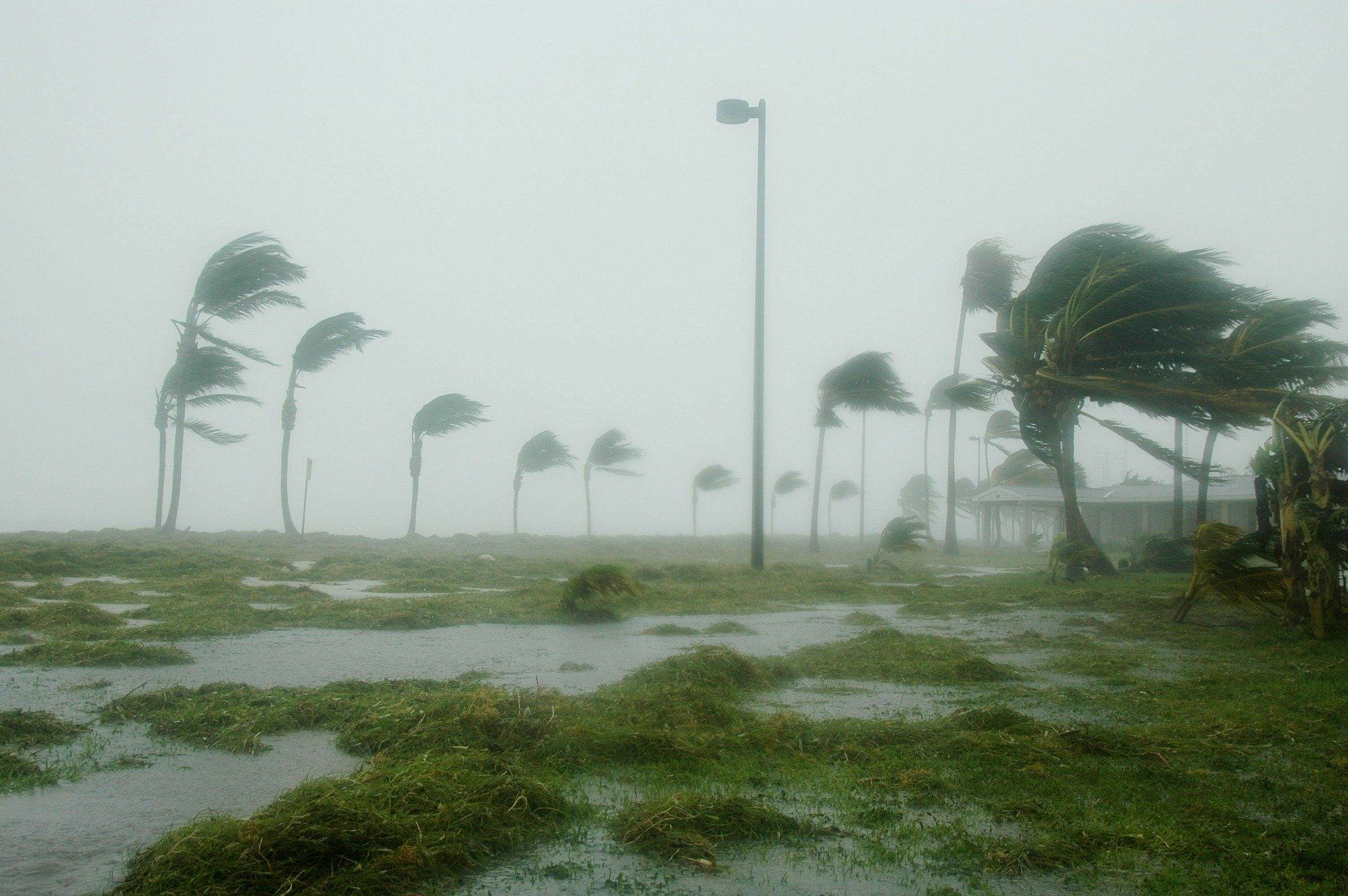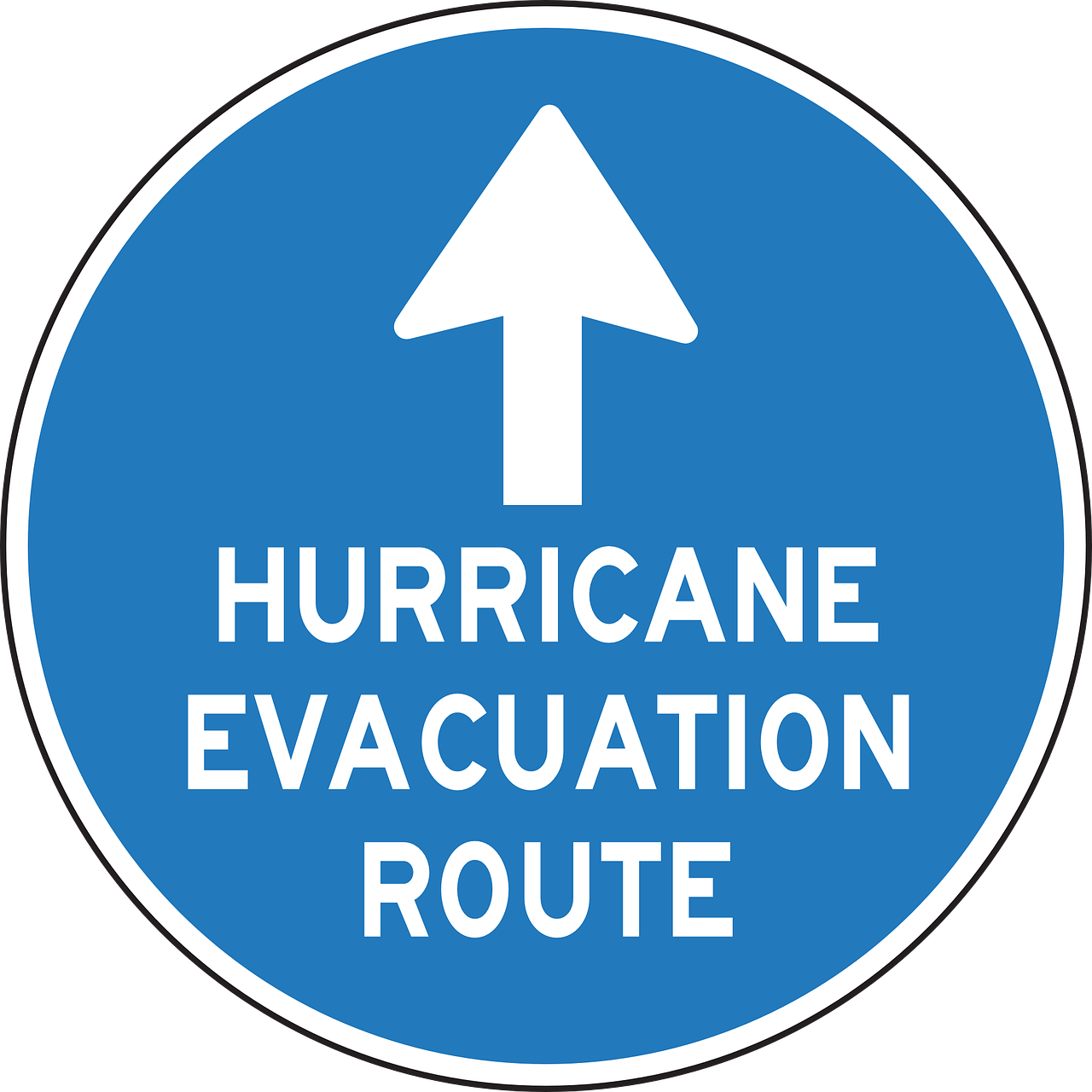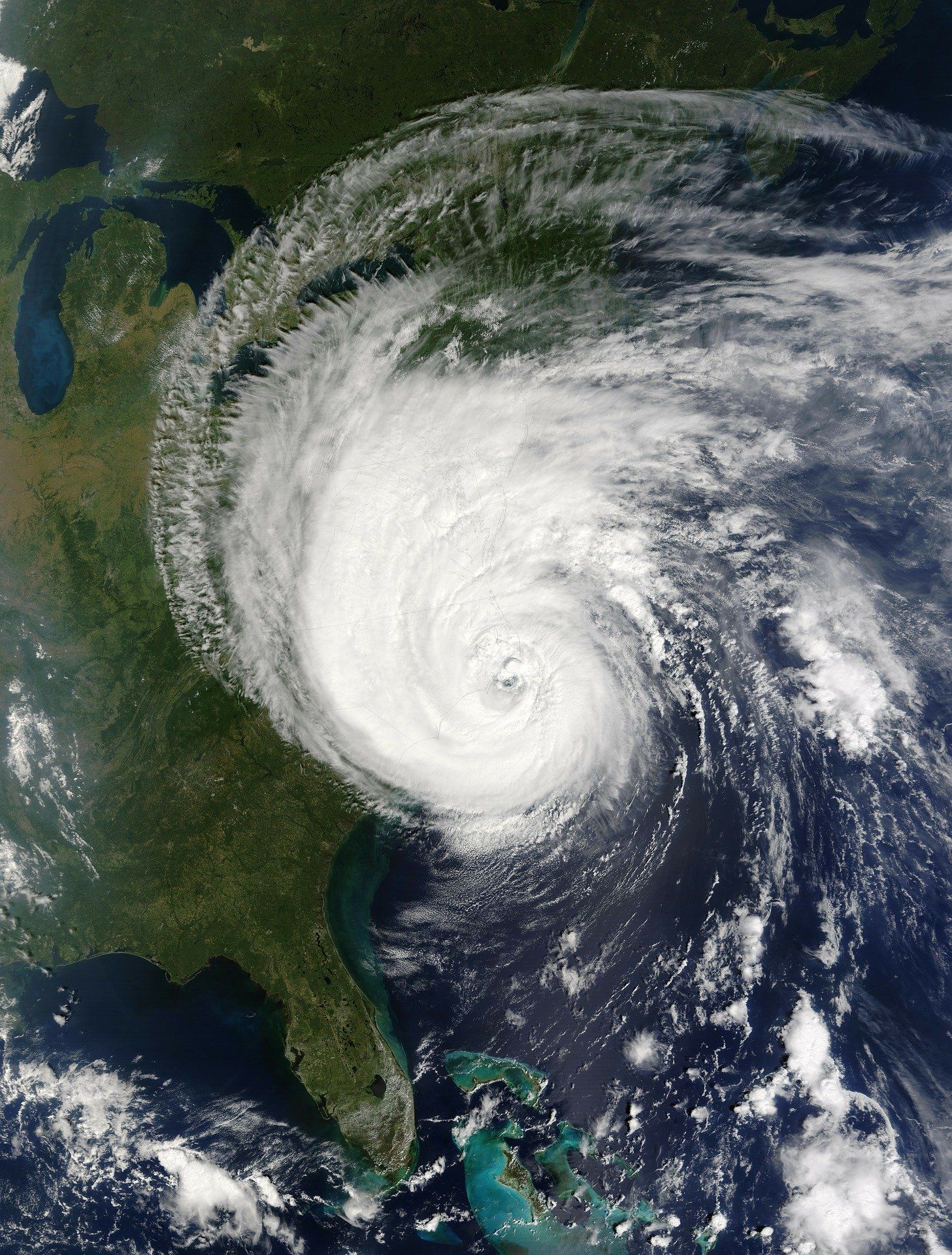How to Prepare for Hurricane Season

Hurricane season officially starts on June 1st, but according to CNN, at least one named tropical system has formed in the Atlantic prior to June 1st for the past 6 years! Because of this, the National Hurricane Center has decided to make May 15th the date they start their routine tropical weather outlook. We at Advisors Insurance Agency want to make sure you are prepared and stay safe so we are providing you with the tools you need to prepare for hurricane season. You can find additional information on the National Hurricane Center's website, specifically under their Hurricane Preparedness Week section.
Before the Storm
- Review your homeowners or renters insurance policy. Make sure you know exactly what is covered under your policy. You may need to add an additional rider for expensive jewelry or collectibles, such as antiques.
- Consider Flood Insurance. Homeowners insurance typically does not include flood damage. This is why it is important to know what is covered under your policy. Please note that there is usually a 30-day waiting period when you purchase flood insurance, so don't wait until the last minute!
- Create a home inventory. This will help in the event you need to file a claim.
- Sign up for wireless emergency alerts through your local news station or the National Weather Service to ensure you will be notified of an approaching storm, regardless of the time of day.
- Make an evacuation plan and be sure the entire family knows it! Figure out where you will go. It is best to have a few options, such as family or friends in another town, a shelter, or hotel. Determine how you will get there and include an alternate route.
- Be sure to have non perishable food items, bottled water, flashlights and batteries on hand.
- Pack a "go-bag" with important documents and items you will need if you have to evacuate. Or at least have a list prepared ahead of time to avoid having to think about it in the moment. Important items include (but are not limited to) medicines (prescriptions and over the counter), important documents such as social security card and passport, a first aid kit, bottled water, non-perishable food items, flashlights, batteries, cherished items and photographs, comfort items for children, electronics (computer, phone, chargers, etc.), clothing and bedding.
- Reinforce the structure of your home by strengthening doors, windows and your roof if necessary. You can purchase wind-rated garage doors and storm shutters. Additionally, you can protect your home by removing items from your yard that can be launched into the air by high winds, causing damage, as well as cutting down weak trees/limbs that could fall on your house.
After the Storm
- Don't return to the area until officials have deemed it safe.
- Don't walk or drive through areas of standing water.
- Clean and disinfect items that got wet during the storm as they harbor bacteria.
- Don't drink tap water until it has been made clear it is safe to do so.
- Discard any food items that were not kept at acceptable temperatures.
- Wear the proper personal protective equipment when cleaning and removing debris to avoid injury or exposure to any contaminants.
CONNECT WITH
ADVISORS INSURANCE TODAY!
Get in Touch
864-509-0009
INSURANCE SERVICES:
HOW TO:
CONNECT WITH US:
Newsletter
Thank you for subscribing to the Advisors Insurance Agency Newsletter!
Please try again later.
Monday-Friday | 9am-5pm
6 Parkway Commons Way,
Greer, SC 29650
© 2024 All Rights Reserved | Advisors Insurance Agency








